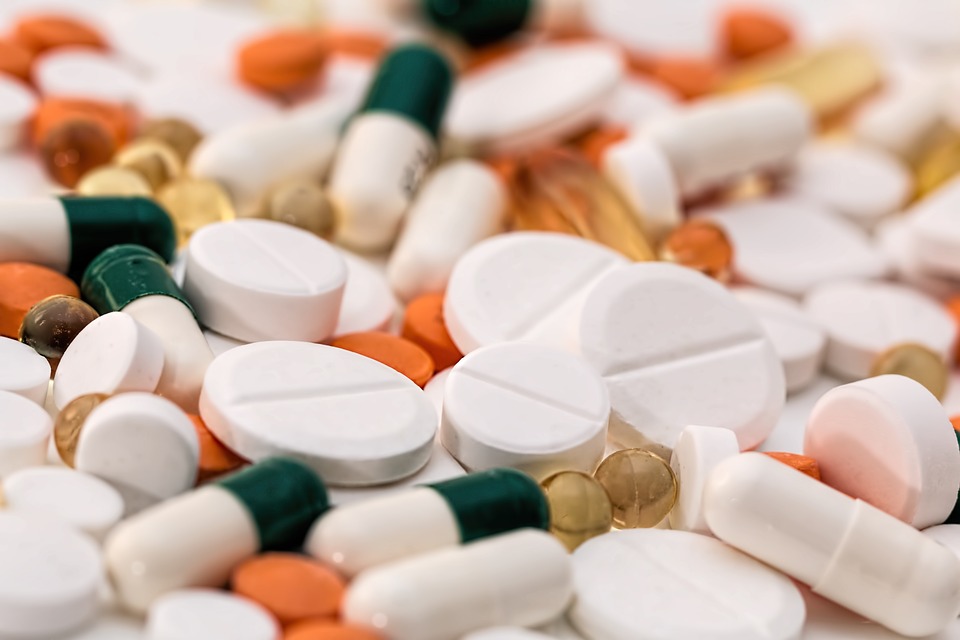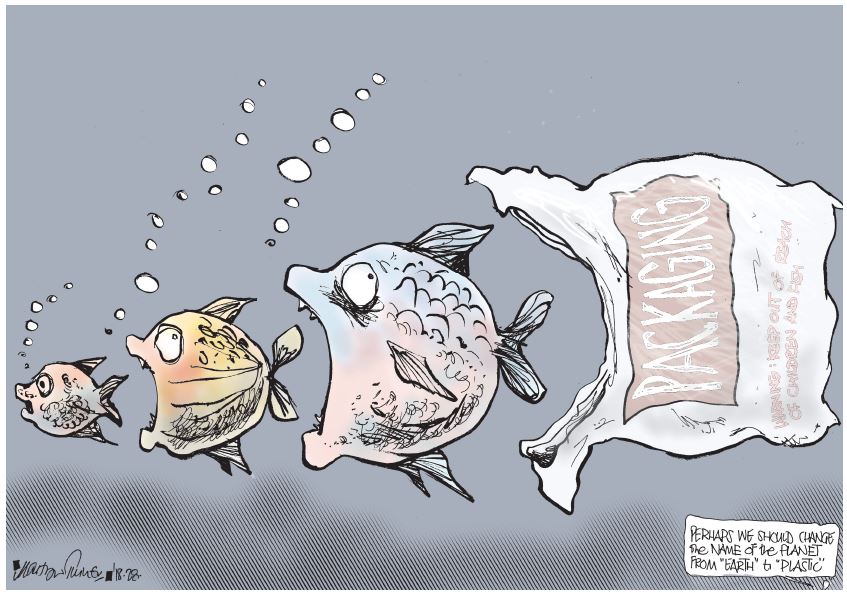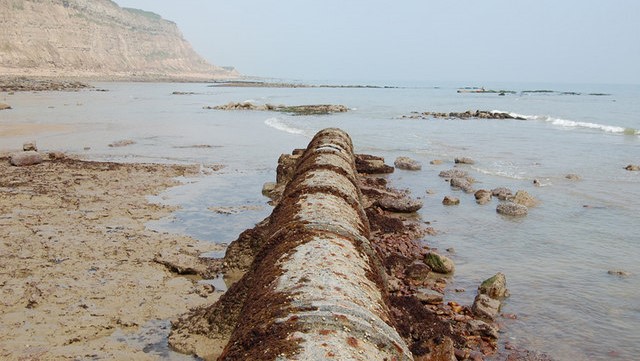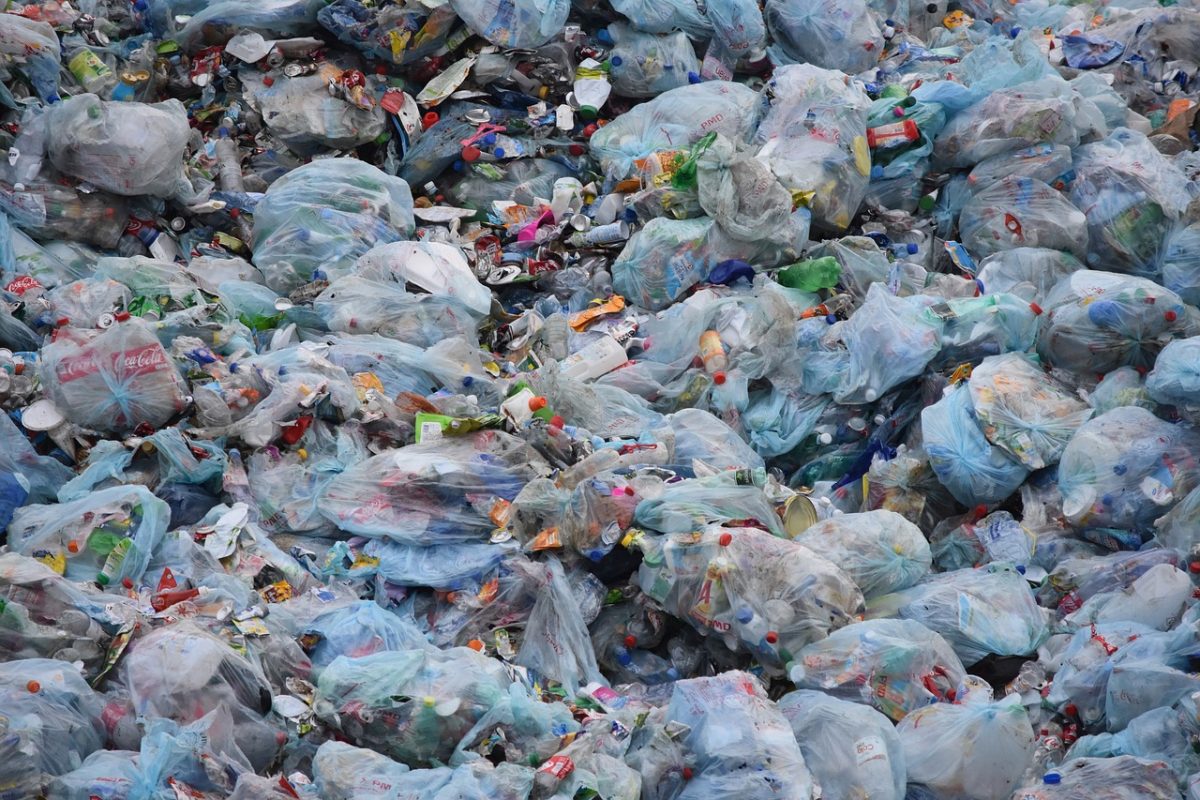Flushed medicine: creating antibiotic resistant bacteria in our wastewater

August 16th, 2018
Drugs going through wastewater treatment plants pollute the environment and could threat human health, warn scientists.
A US study published last June shows that pharmaceutical manufacturing facilities are an important source of chemicals going into the environment even if they first pass through wastewater treatment plants.
The chemical compounds seep into freshwater systems and can be traced as far as the oceans. The researchers analysed a network of wastewater treatment plants across the US, with some of them receiving discharges from pharmaceutical manufacturing facilities (PMF).
They found that 25 per cent of the pharmaceuticals had concentrations “substantially higher” in PMF-influenced effluents such as for the antidepressant and smoking cessation aid Bupropion.
These concentrations can vary “substantially” over short periods because the discharges from PMFs are episodic, the study found.
“Modern wastewater treatment plants mostly reduce solids and bacteria by oxidizing the water. They were not designed to deal with complex chemical compounds,” said Birguy Lamizana, Programme Management Officer at the UN Environment Programme (UNEP)
There is evidence that chemical pollution can enter the food chain and affect the reproductive system of fish as male fish have been found to feminize when exposed to contaminated wastewater.
Although the consequences on human health are currently unknown, pharmaceuticals present in drinking water might affect the human reproductive system too, the UNEP found.
Antibiotics in Irish waters
NUI Galway and UCD found that there is a risk related to antibiotics and antibiotic resistant bacteria in hospital and city sewage.
The risk is reduced greatly by “effective” wastewater treatment, the study found, yet, some antibiotic resistant bacteria survive and are discharged into the sea.
Some antibiotics could persist in the water for a long period and may contribute to the development of antibiotic resistant bacteria, the study said.
However, the study notes, the chance to contract an antibiotic resistant strain from swimming in seawater is treated as “very low”.
“The discharge of untreated or inadequately treated sewage to the environment in Ireland or in the wider world is an unacceptable risk to our health,” study lead, Dr Dearbhaile Morris told The Green News.
“All drinking water should be treated before consumption. This treatment should be effective at removing all bacteria including antibiotic resistant bacteria,” she said.
“It is unlikely persons will be exposed to antibiotic resistant bacteria where treatment is effective but treatment failures can and do happen.”
The bacteriologist is now working on a four-year Environmental Protection Agency- funded project to generate national data on the key sources of antimicrobial resistance in the Irish environment.

Headache Pain Pills. Photo: Pixabay.
Disposal of pharmaceuticals
Drugs go through our urine and faeces but some people even flush expired medicine directly down their toilets. Most pharmacists in Ireland only accept unused medicines from their own customers.
The US Food and Drug Administration recommend to check instruction on the drugs label as to proper disposal and to look for drug take-back programs. The Health Service Executive occasionally organises free services to dispose of unused medicines properly.
If there is no other choice than throwing the drugs in the household trash, you should mix them the likes of used coffee grounds, and place the mixture in a container to prevent the drug from leaking.
World Water Week is set to take place in Stockholm at the end of this month. The event whose theme is Water, ecosystems and human development will be an occasion to find solutions to the current water-related issues.
“Only four per cent of investments in the water sector are going towards green solutions despite the proven co-benefits,” said the UNEP’s Elisabeth Mullin Bernhardt. That’s why nature-based solutions for water “will be at the center” of this event, she said.
[x_author title=”About the Author”]







